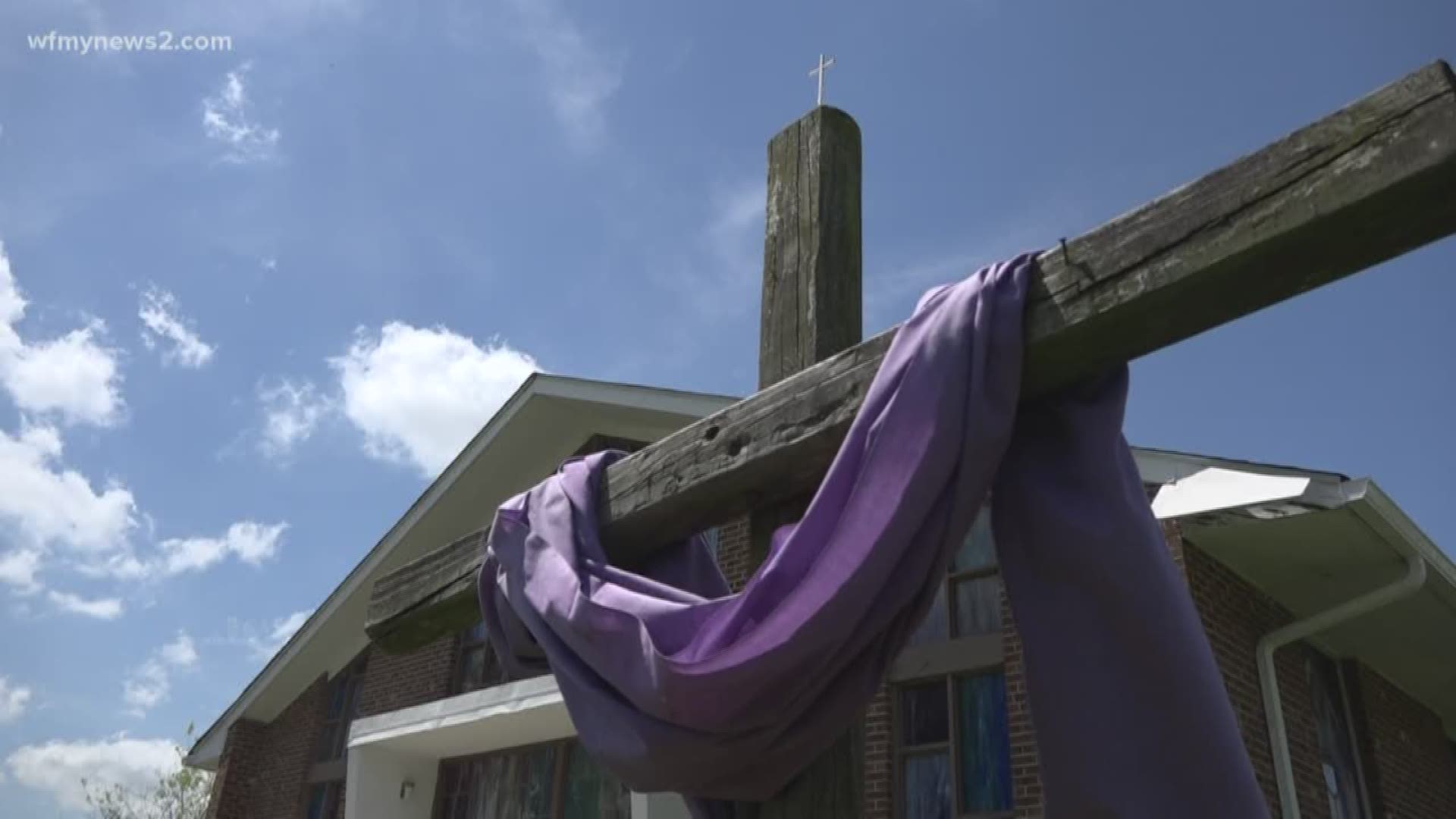GREENSBORO, N.C. — Sheryl McAdoo is one of those do it all types. McAdoo works part time at St. Phillip A.M.E Zion Church in Greensboro, “Oh, I love working here,” said McAdoo.
In charge of the weekly newsletter, clerical matters and organizing bills and answering phones. One afternoon a couple weeks ago McAdoo was working when the phone rang, “It sounded like it was Duke Energy,” said McAdoo.
The phone call was a voice activated prompt alerting McAdoo that a service tech was heading to the “this location” to turn off the power for non-payment. McAdoo was given a number to call to pay the bill and prevent the power from being cut off, “He says the tech is scheduled at the location in 30 minutes for non-payment,” said McAdoo.
What McAdoo didn’t realize at first was that it is a scam. Seconds away from giving the person on the other end of the phone the church’s bank card number, Reverend Lisa Caldwell walked into the office, “When we started asking questions you could tell it was a scam,” said Rev. Caldwell.
The scammers hung up the phone and McAdoo immediately called police and Duke Energy, “They (Duke Energy) said it is a scam they have had complaints,” said McAdoo.
Duke Energy has had 500 reported scam attempts in April alone, 70 of those were in Greensboro. It’s unclear how many scams are attempted but Duke reports 20 of the attempts were successful costing customers more than $16,000, “Typically they try to put pressure on the customer, put you in a tight spot, give you a short time to react,” said Davis Montgomery of Duke Energy.
The scammers are also able to “spoof” the Duke Energy phone number, so it appears on the customers phone. The call is not generated from the Duke Energy number, but it appears to be. Duke tells customers the best thing to do is to hang up and call Duke back.
In this scam attempt the scammers failed but actually called back a week later, “I said listen we got your number and the authorities have been called,” said McAdoo.

